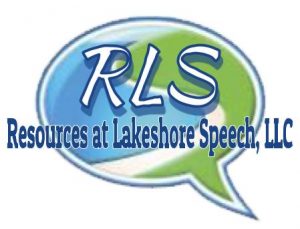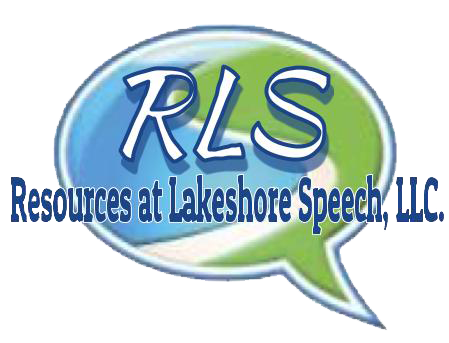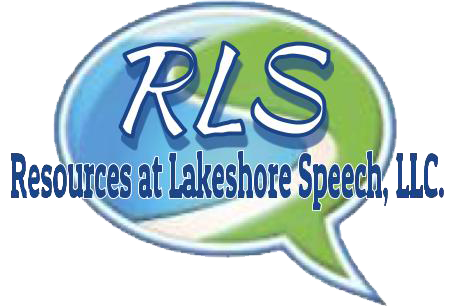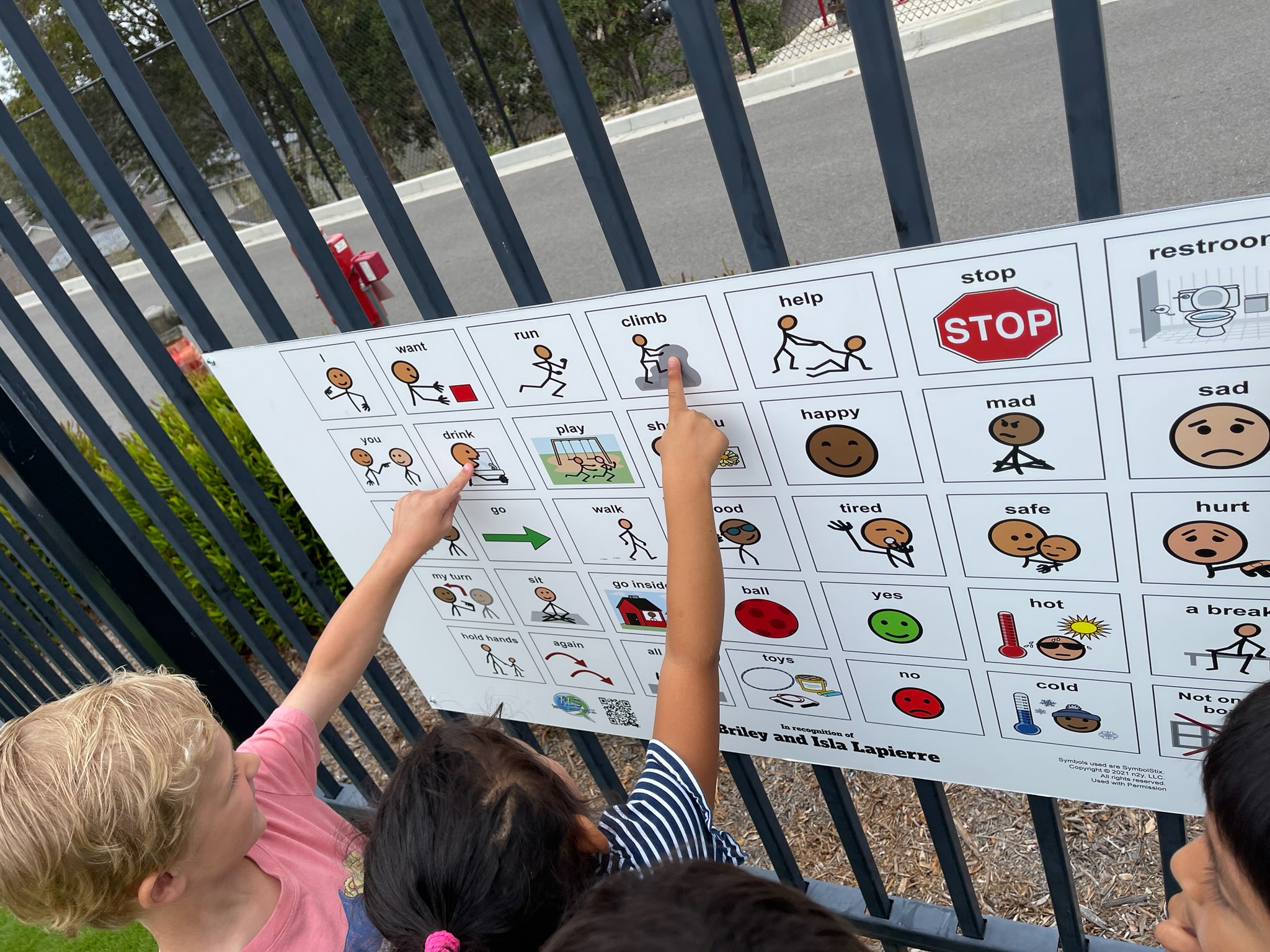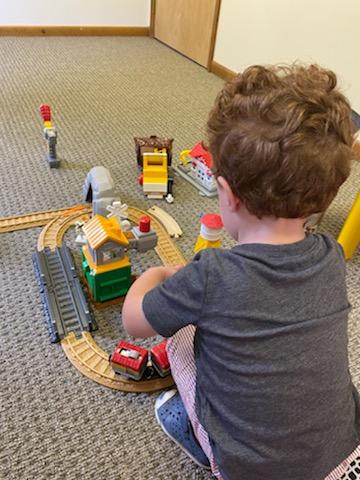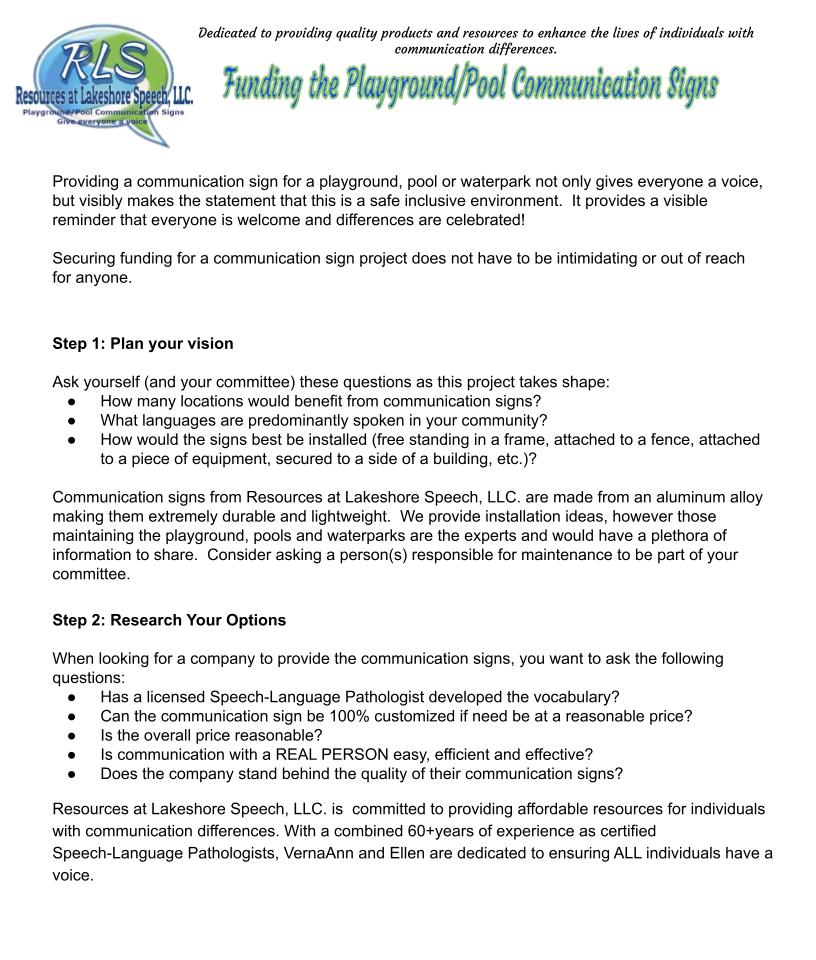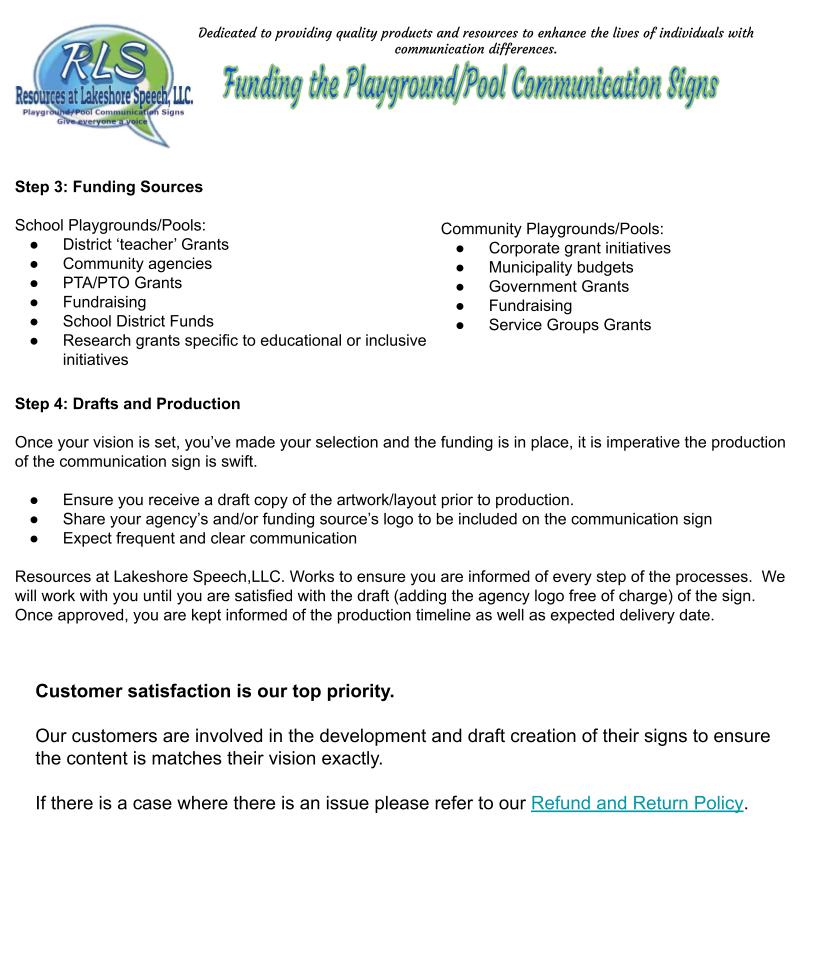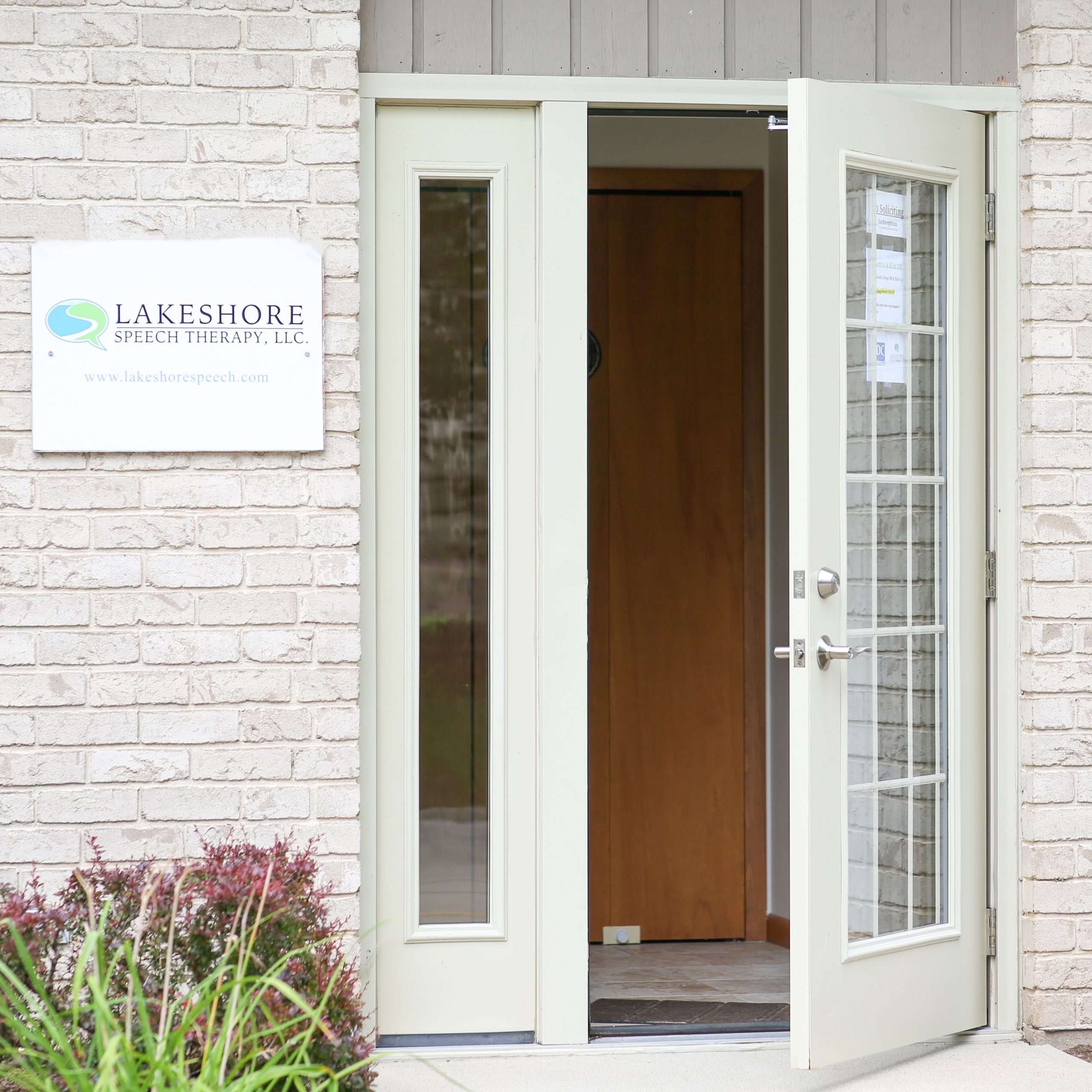Tips to help children adjust to the time change.
Continue readingSpeech Therapy: How To Get Caregivers And Grandparents Involved
Speech therapy is not just about what happens in the therapy room—it’s also about practicing skills at home. Involving caregivers and grandparents in home carryover can greatly increase a child’s progress.
Continue readingHow To Encourage The Use of Communication Boards
In this week’s blog, learn how to model and encourage the use of communication boards to increase communication and build meaningful relationships.
Continue readingHow to Make Play an Important Part of the Day
Play is important at all stages of child development. Play is the ‘work’ of childhood.
Continue readingTalking and Growing: New Year’s Resolutions for Speech Therapy!
How to Prepare for Gift Giving and Receiving
Getting and giving gifts can be exciting but hard for some individuals. Preparing for this time of the year helps to make everyone’s celebration special.
Continue readingHow to Fund Playground Communication Boards
9 Easy Ways to Create Sensory Friendly Holiday Decor
The holiday season is a time of joy, celebration, and togetherness. We’ll explore how to create a sensory-friendly holiday environment by making thoughtful choices in your decorations.
Continue readingHelp your Community – Shop Local
In a world dominated by large corporations, the importance of supporting small businesses cannot be overlooked. Choosing to shop small is a powerful decision that goes through communities, increasing economic growth, uniqueness, and a stronger sense of connection.
Continue readingSensory-Friendly Thanksgiving
Celebrating Thanksgiving with a child with Autism may require some preparations ahead of time and on the special day to ensure a comfortable and enjoyable experience.
Continue reading